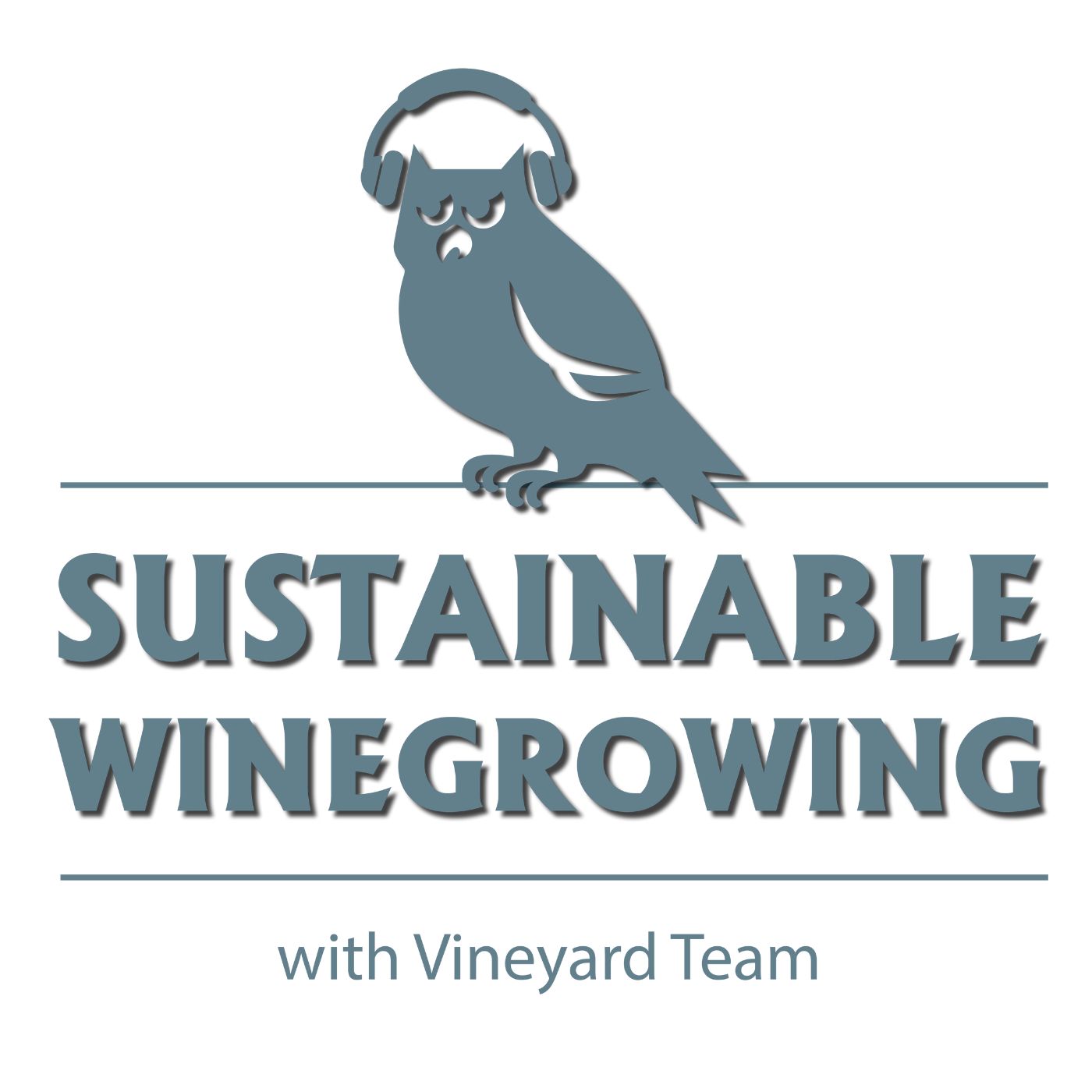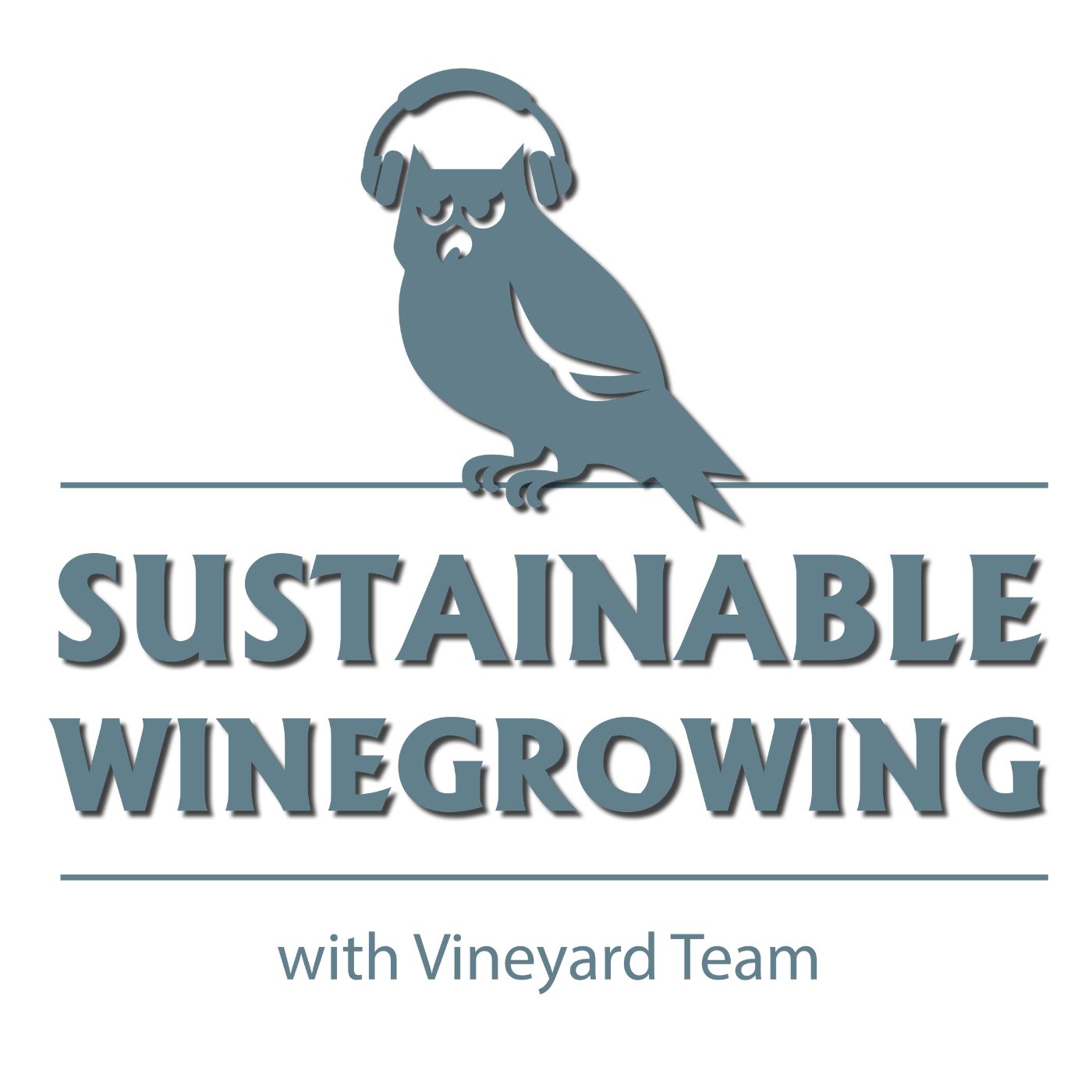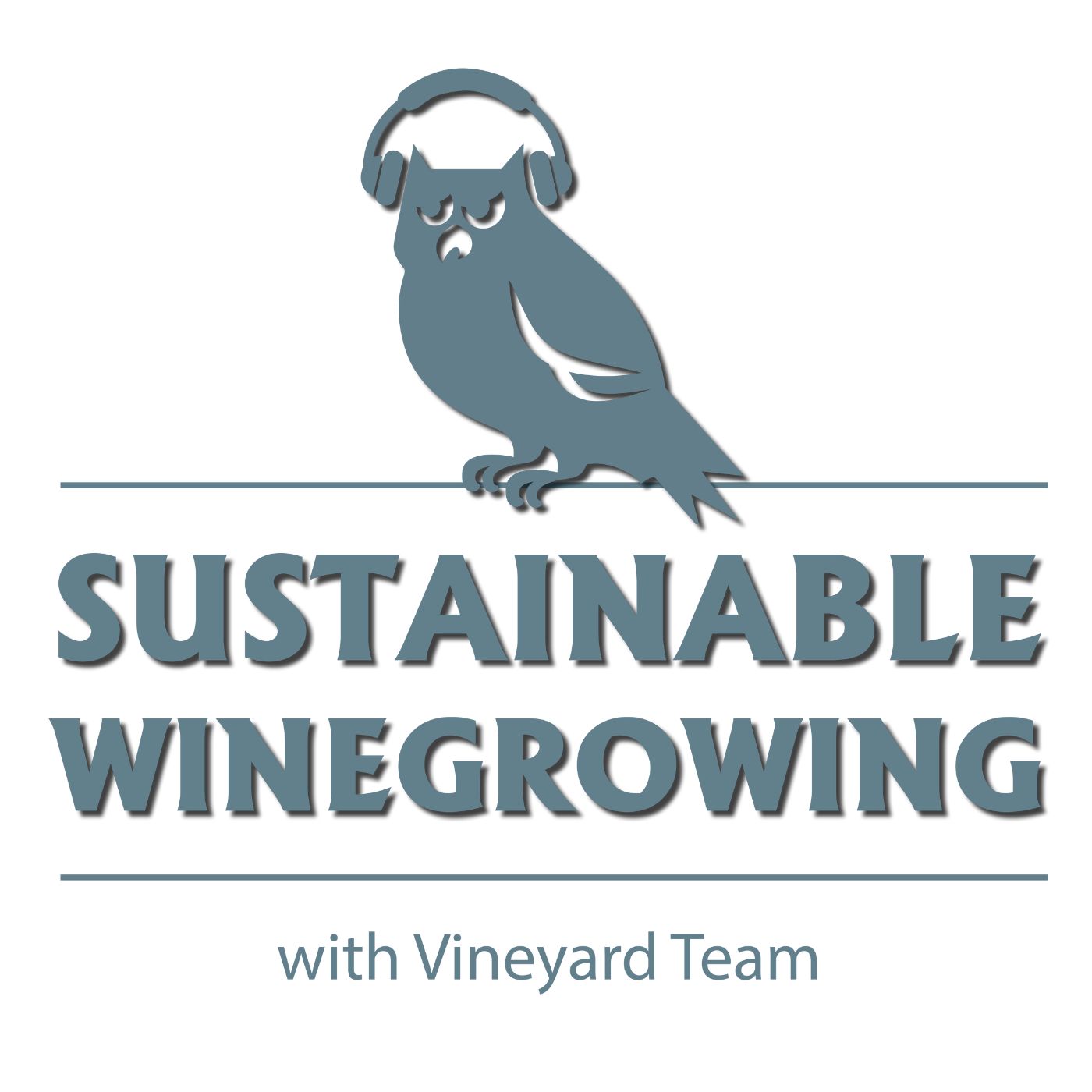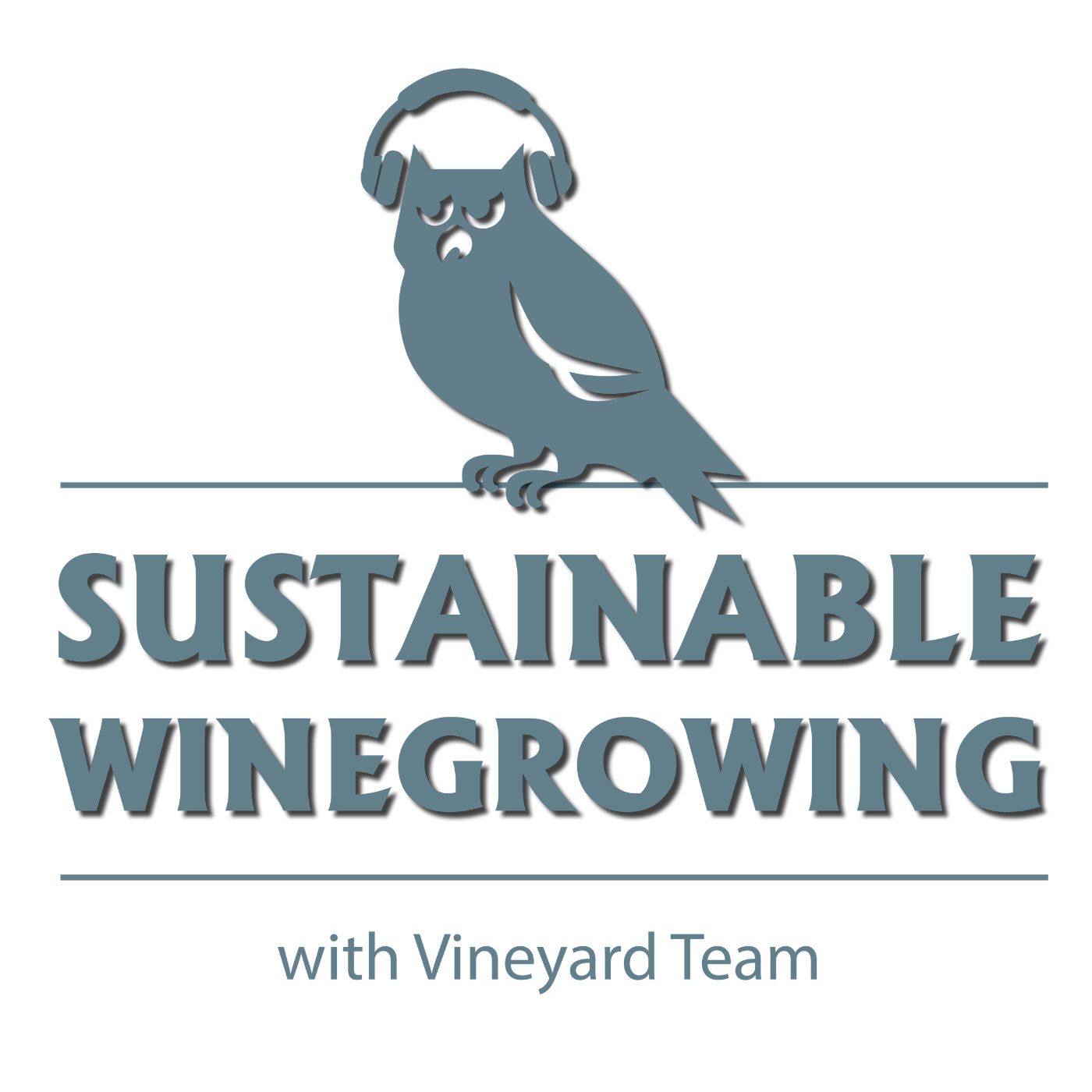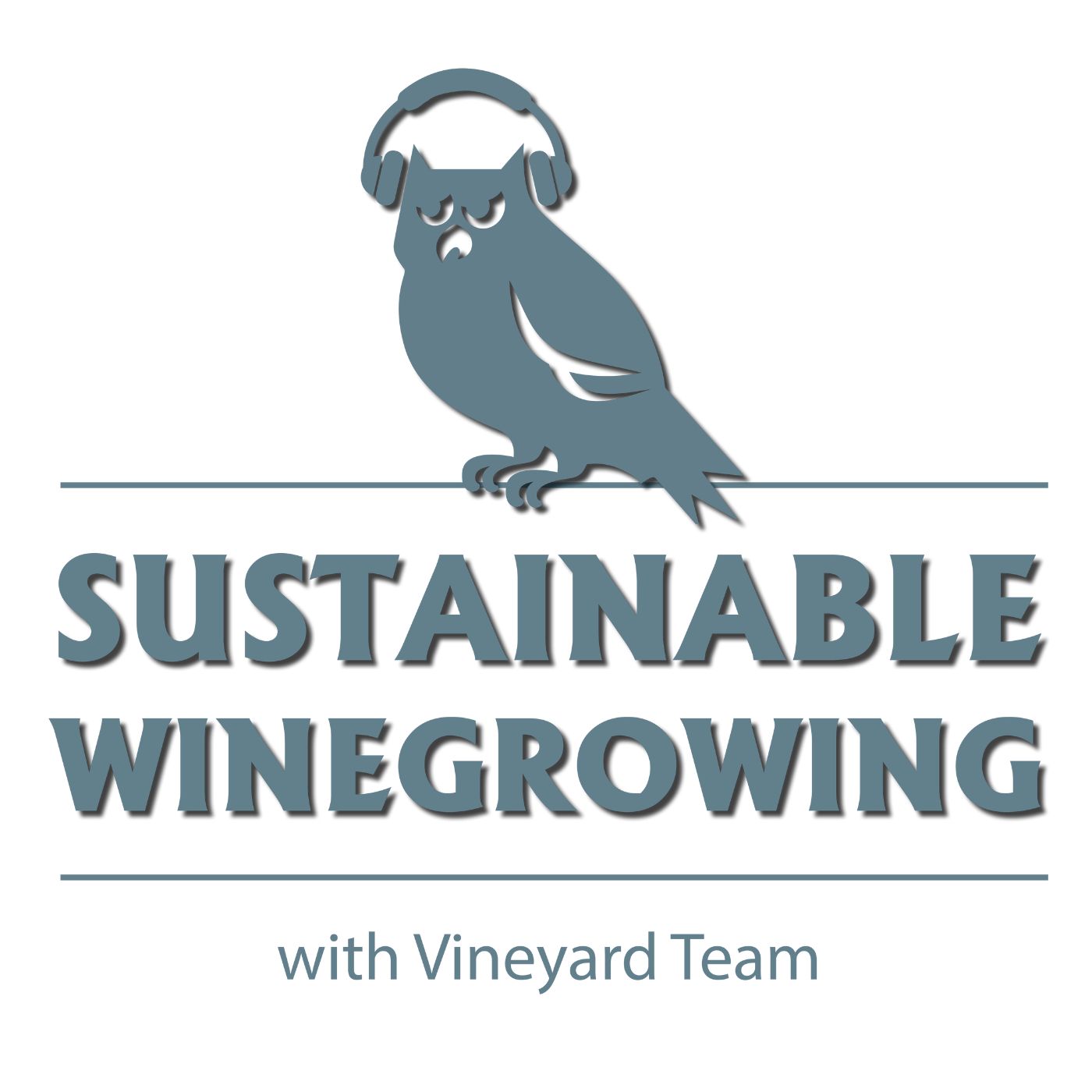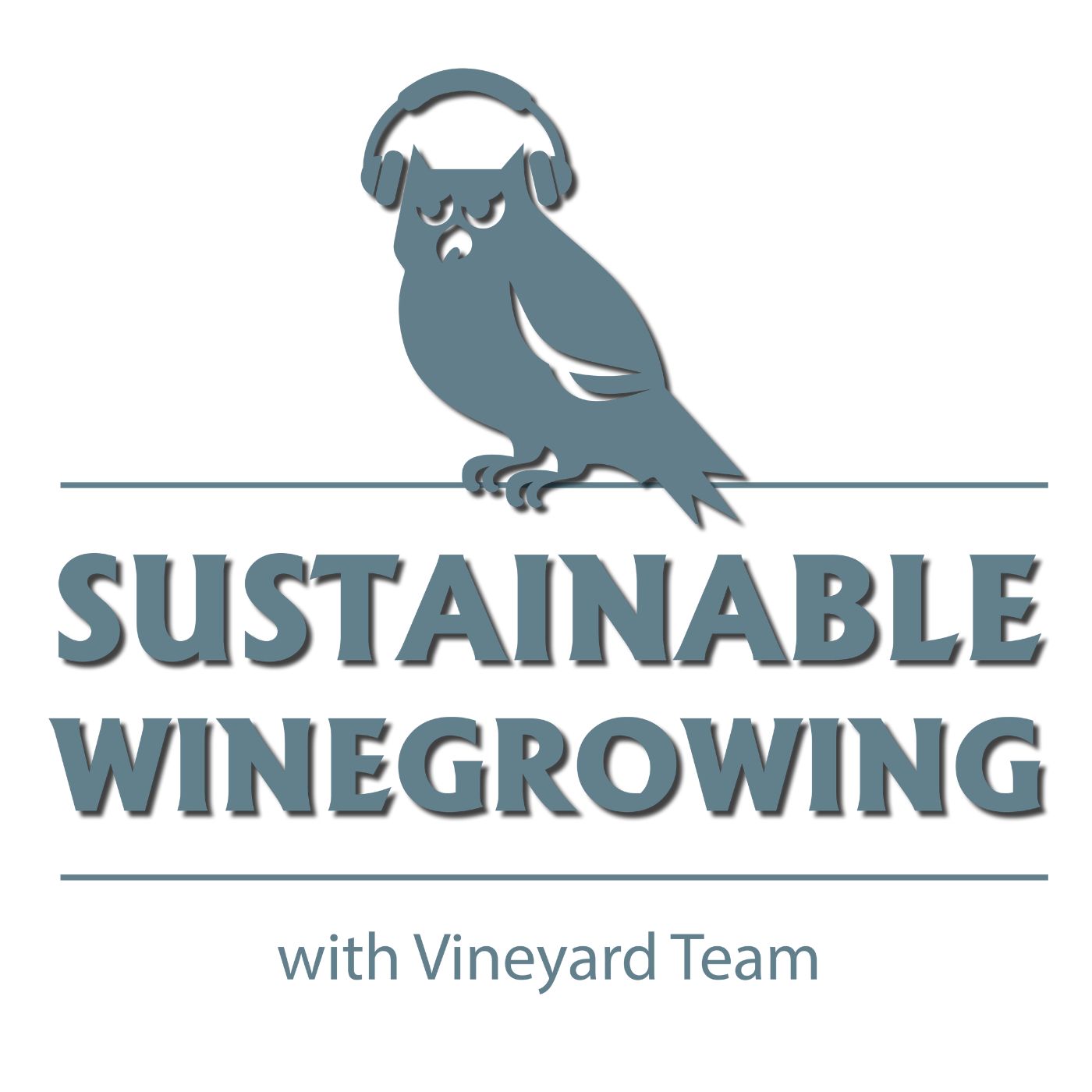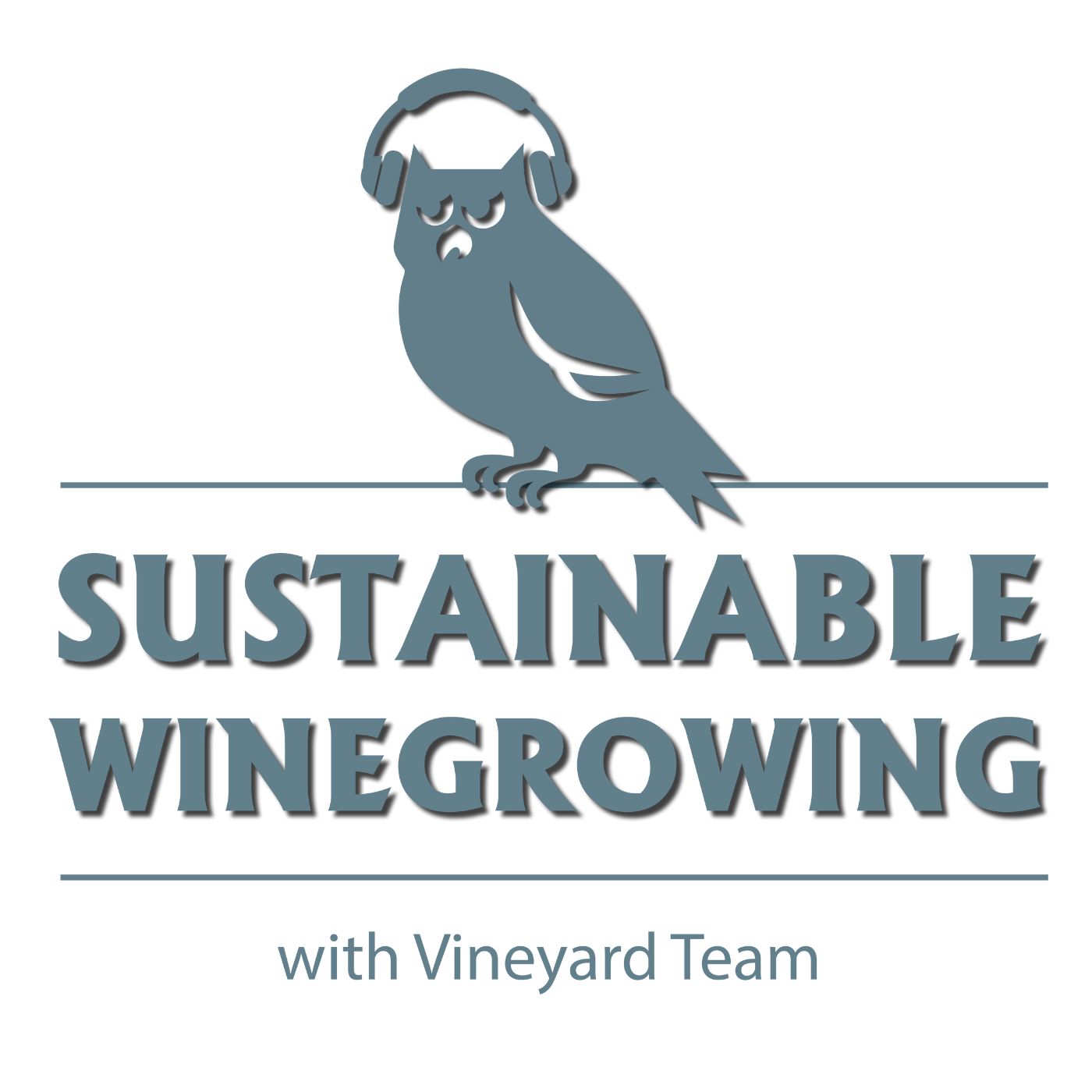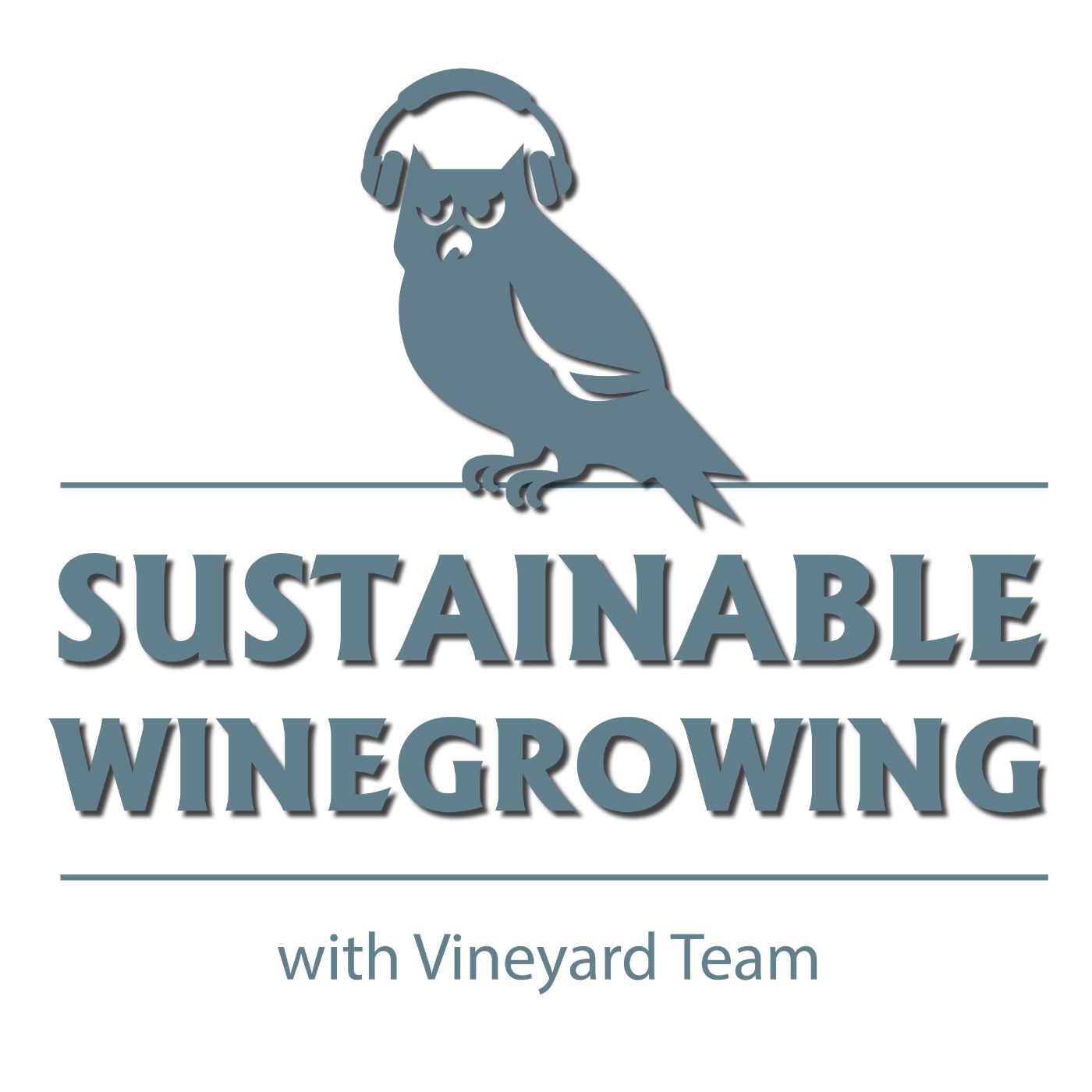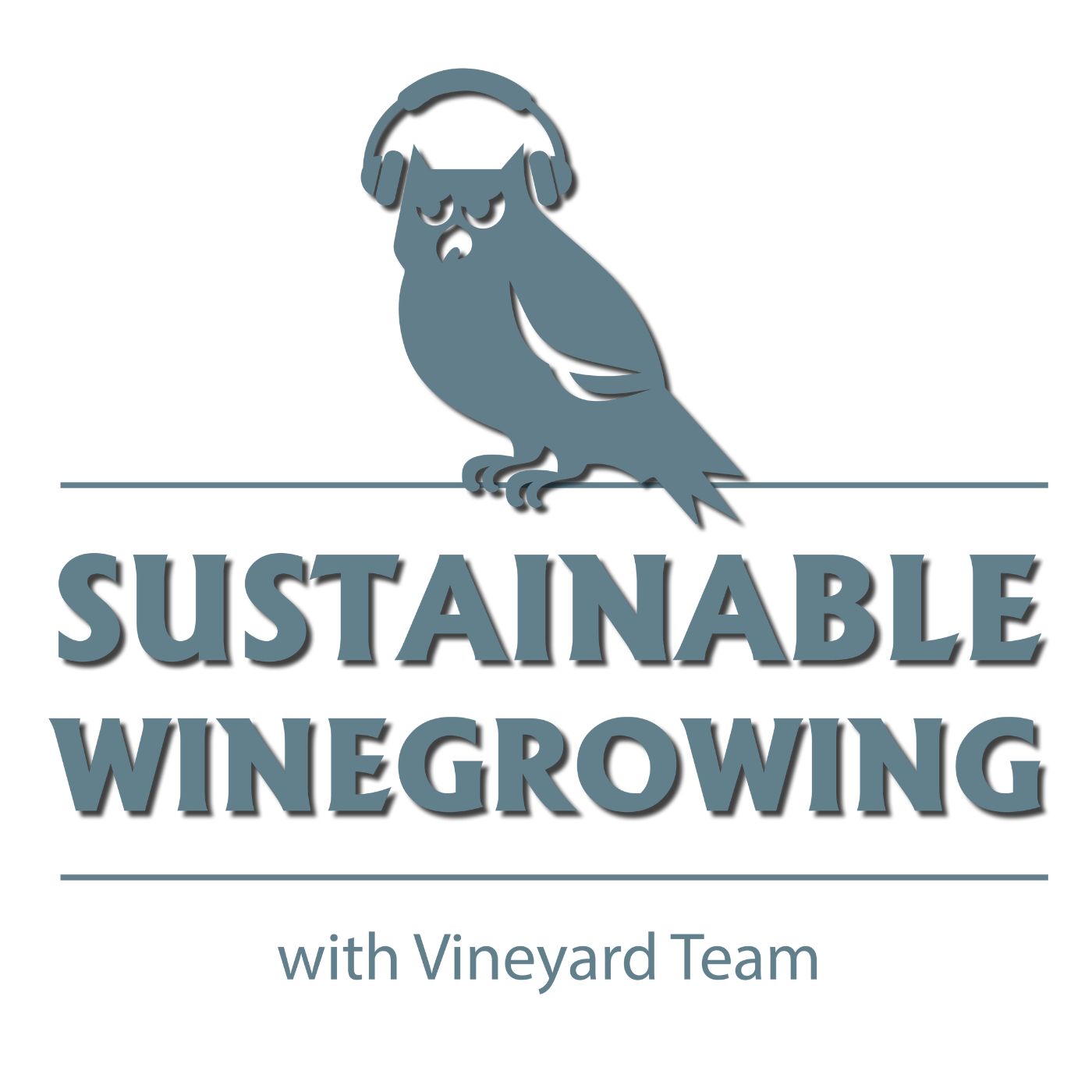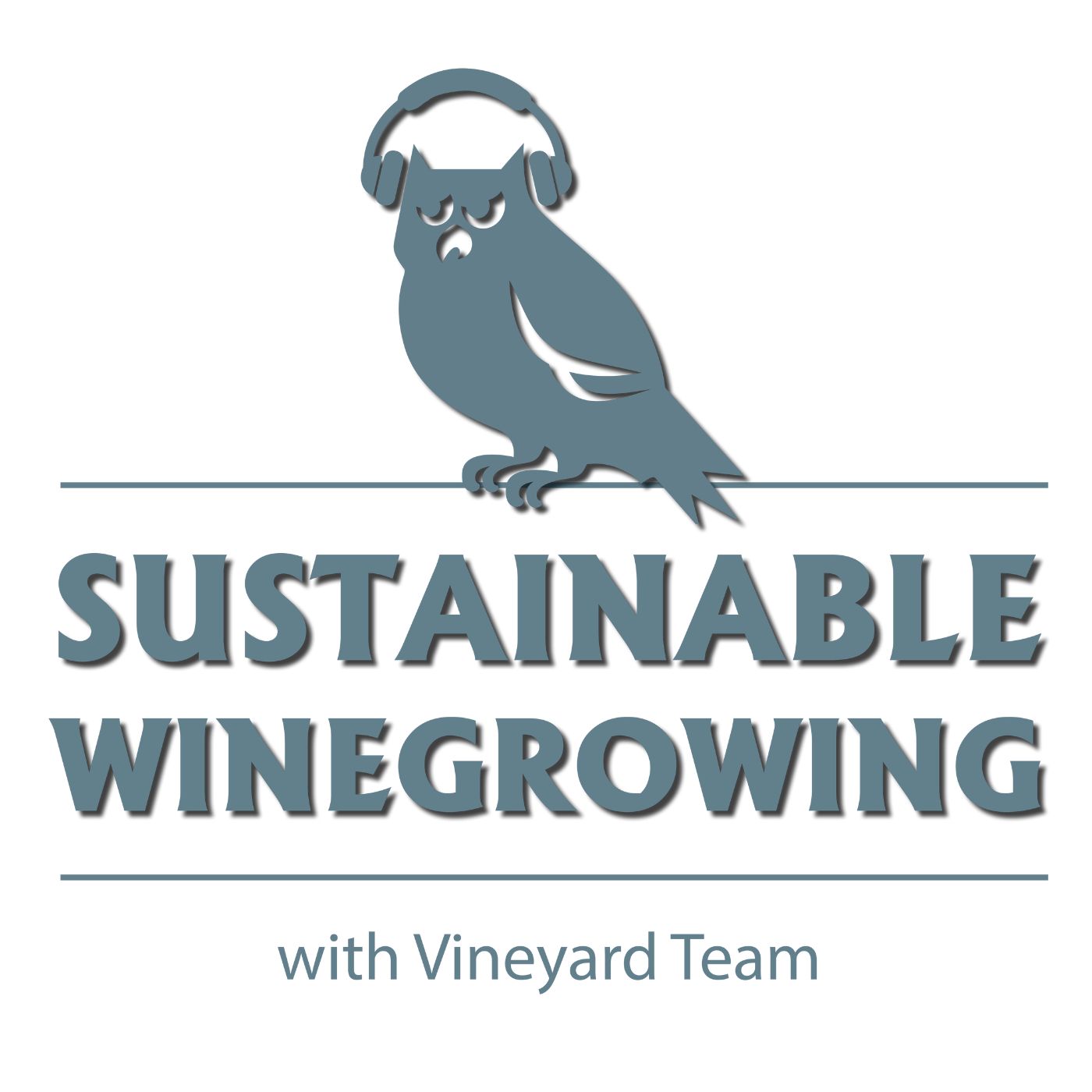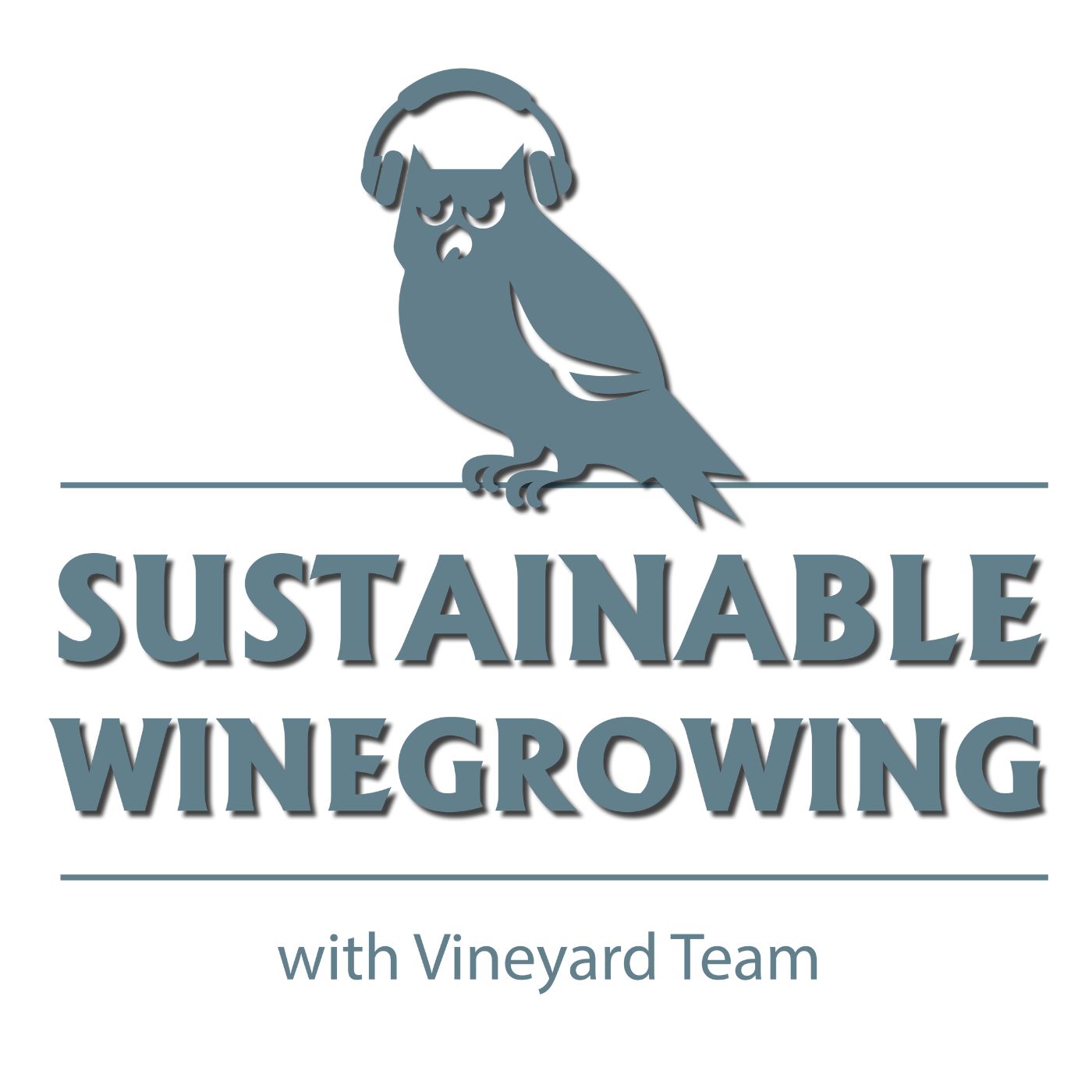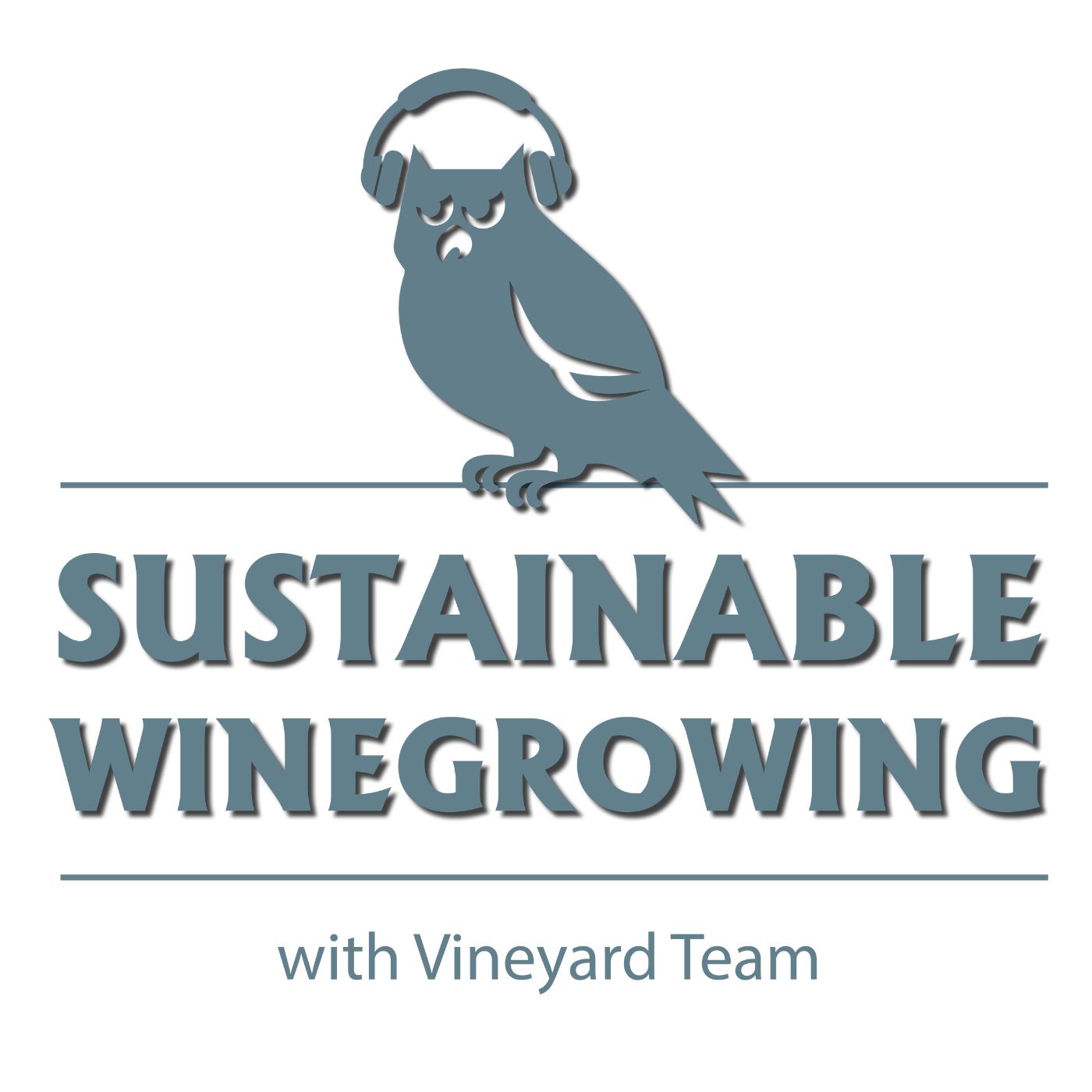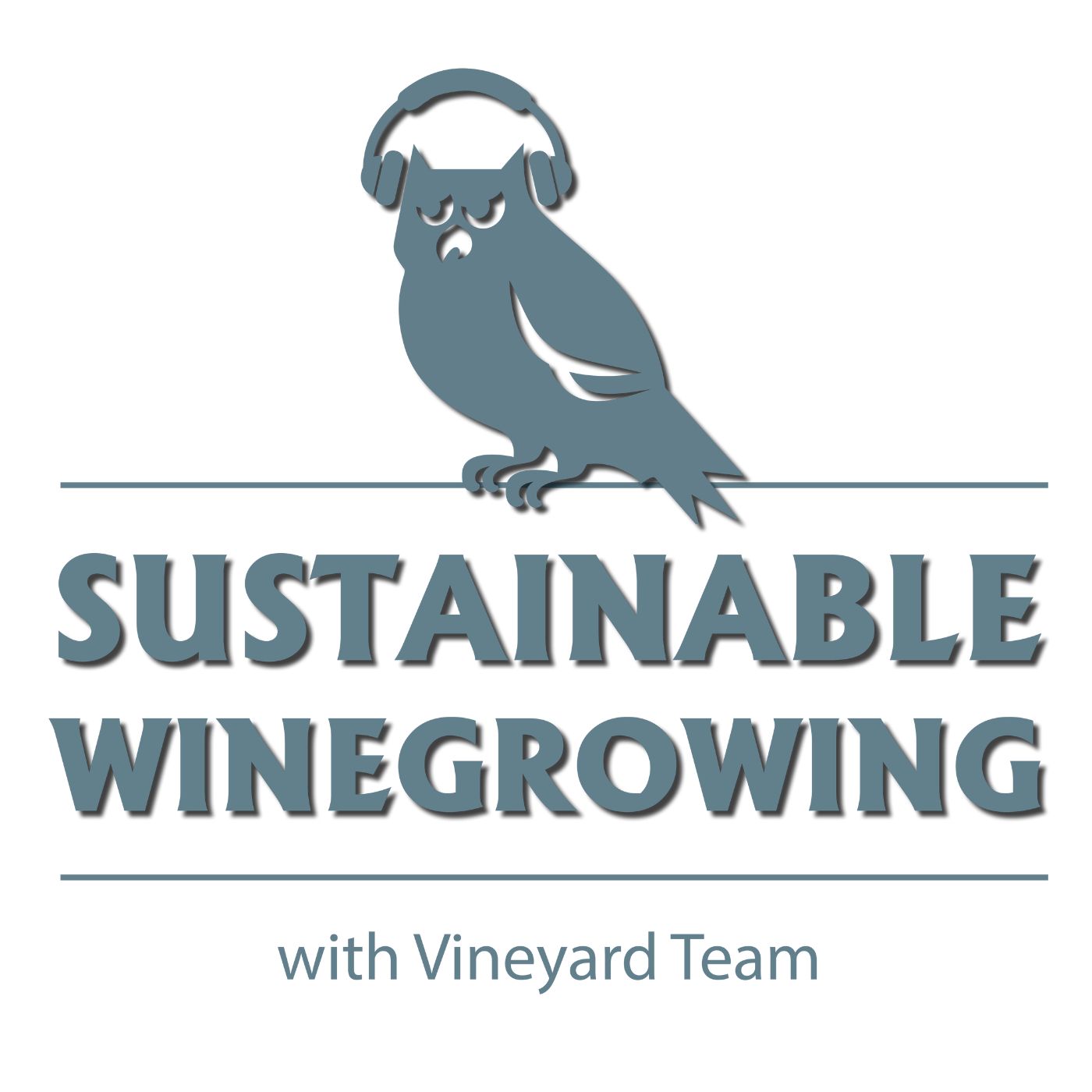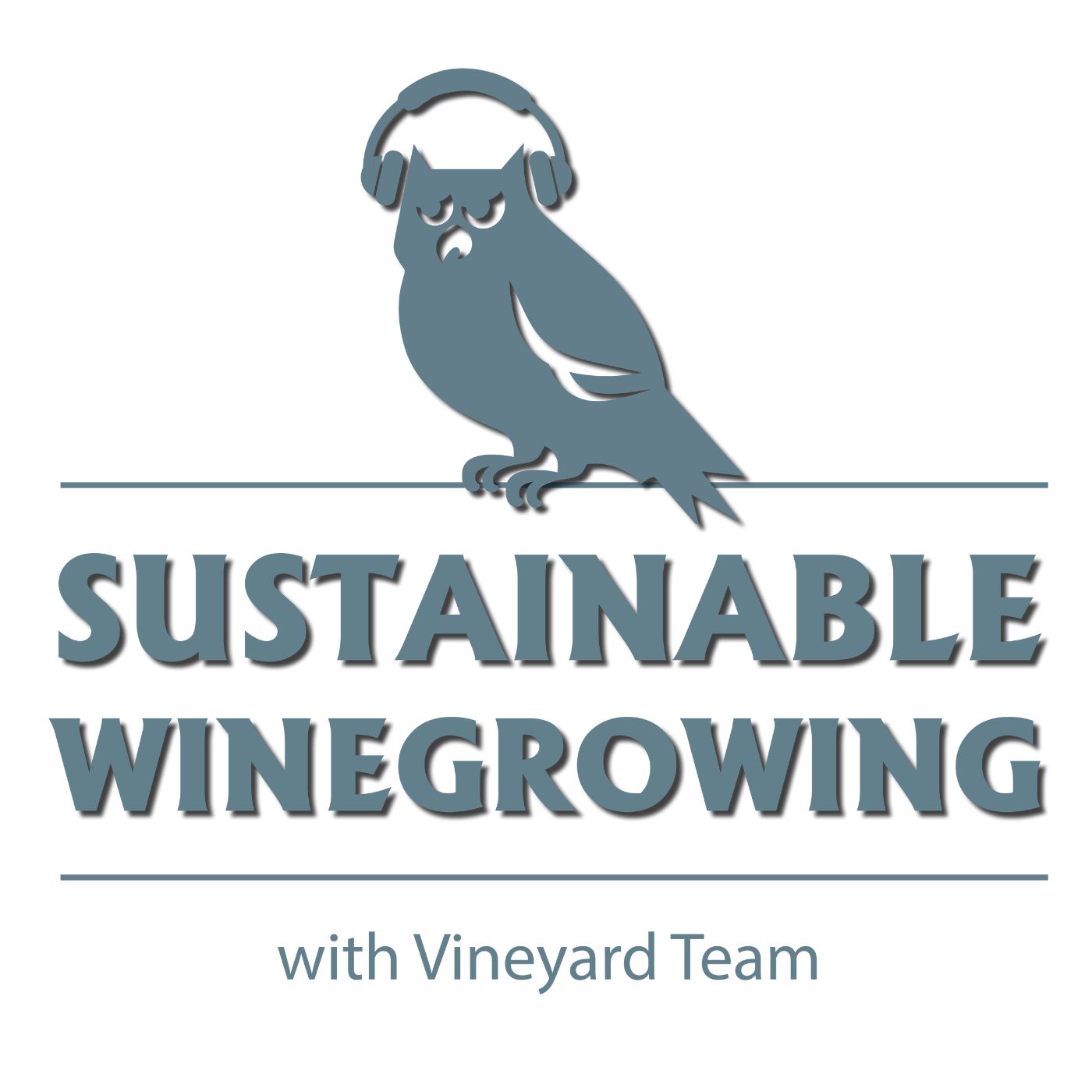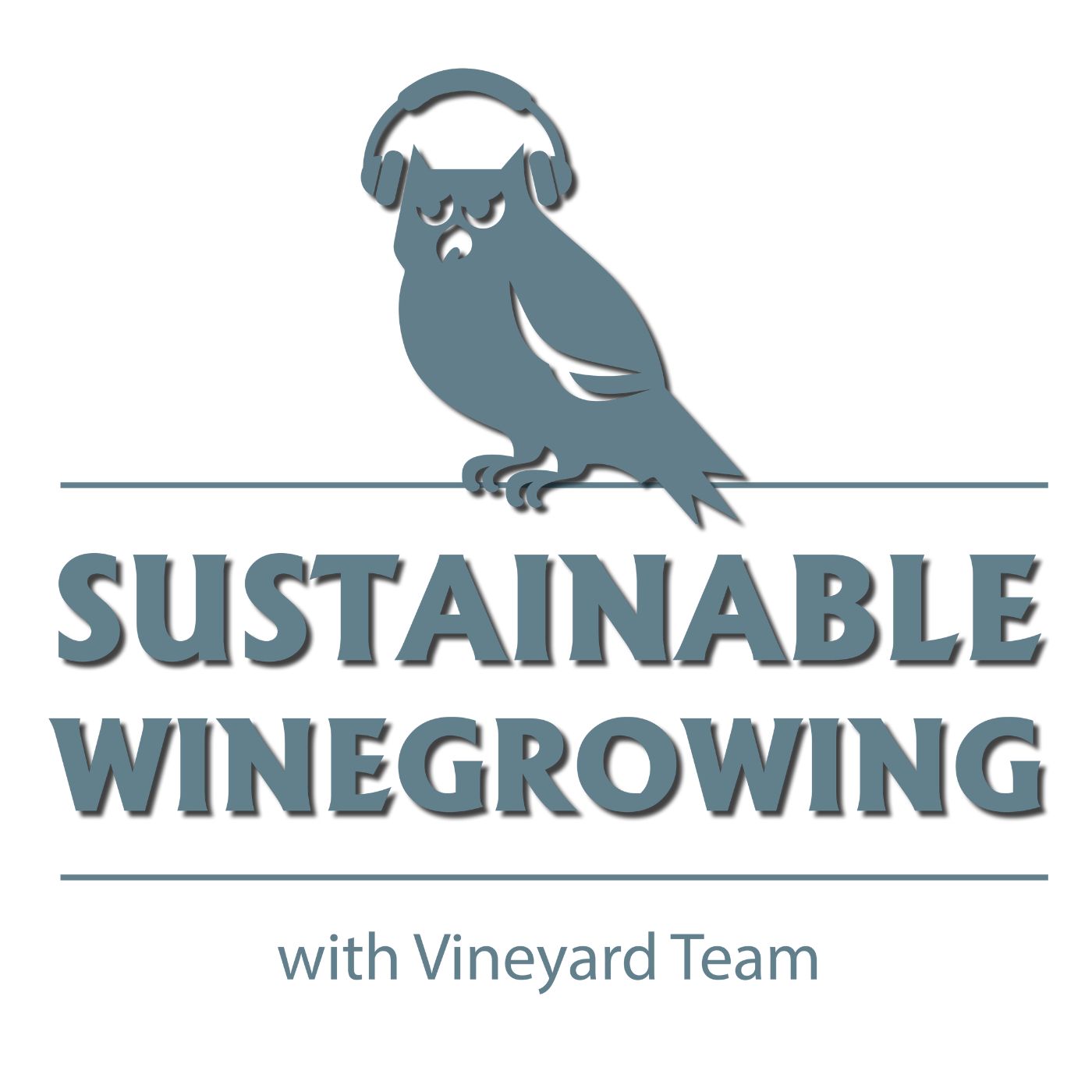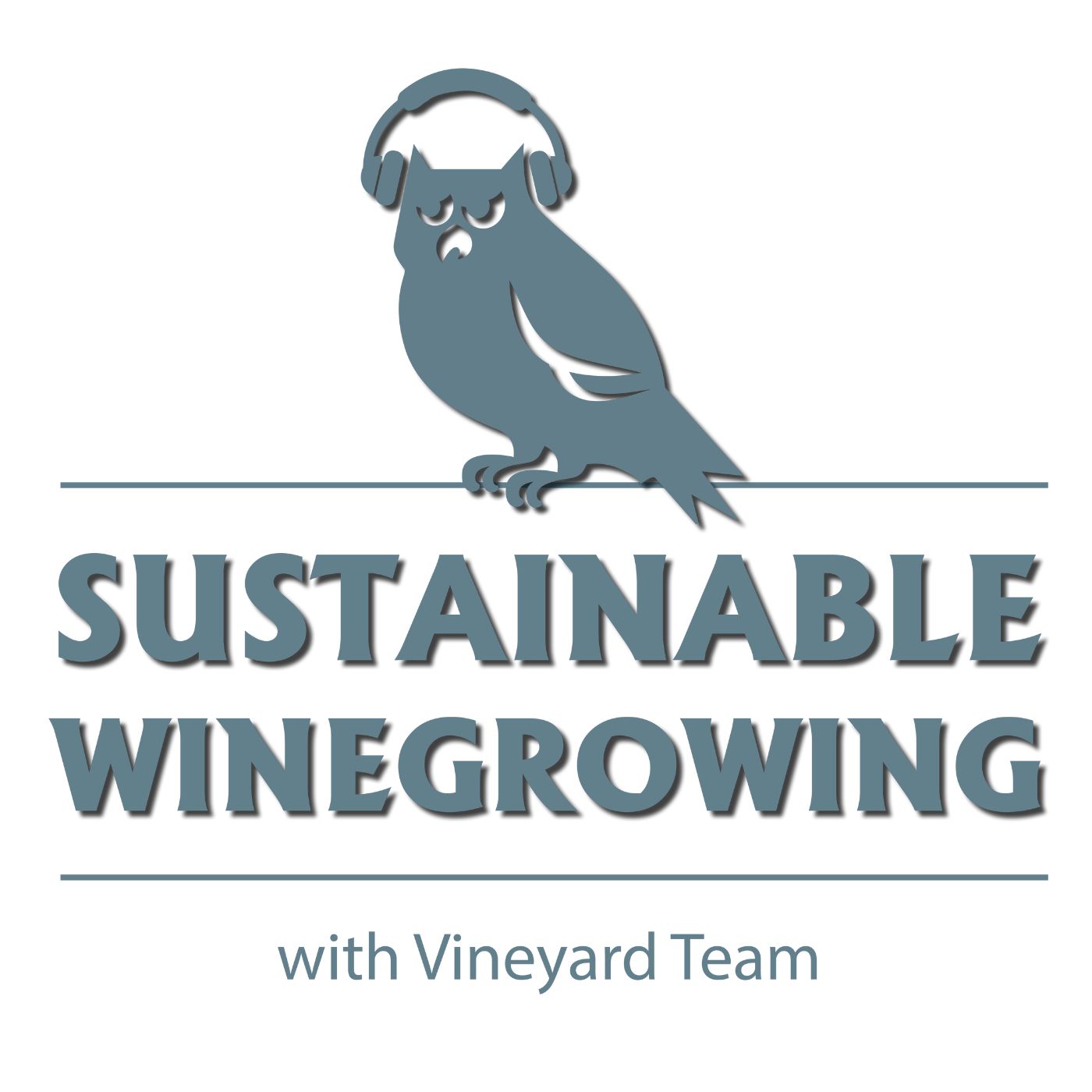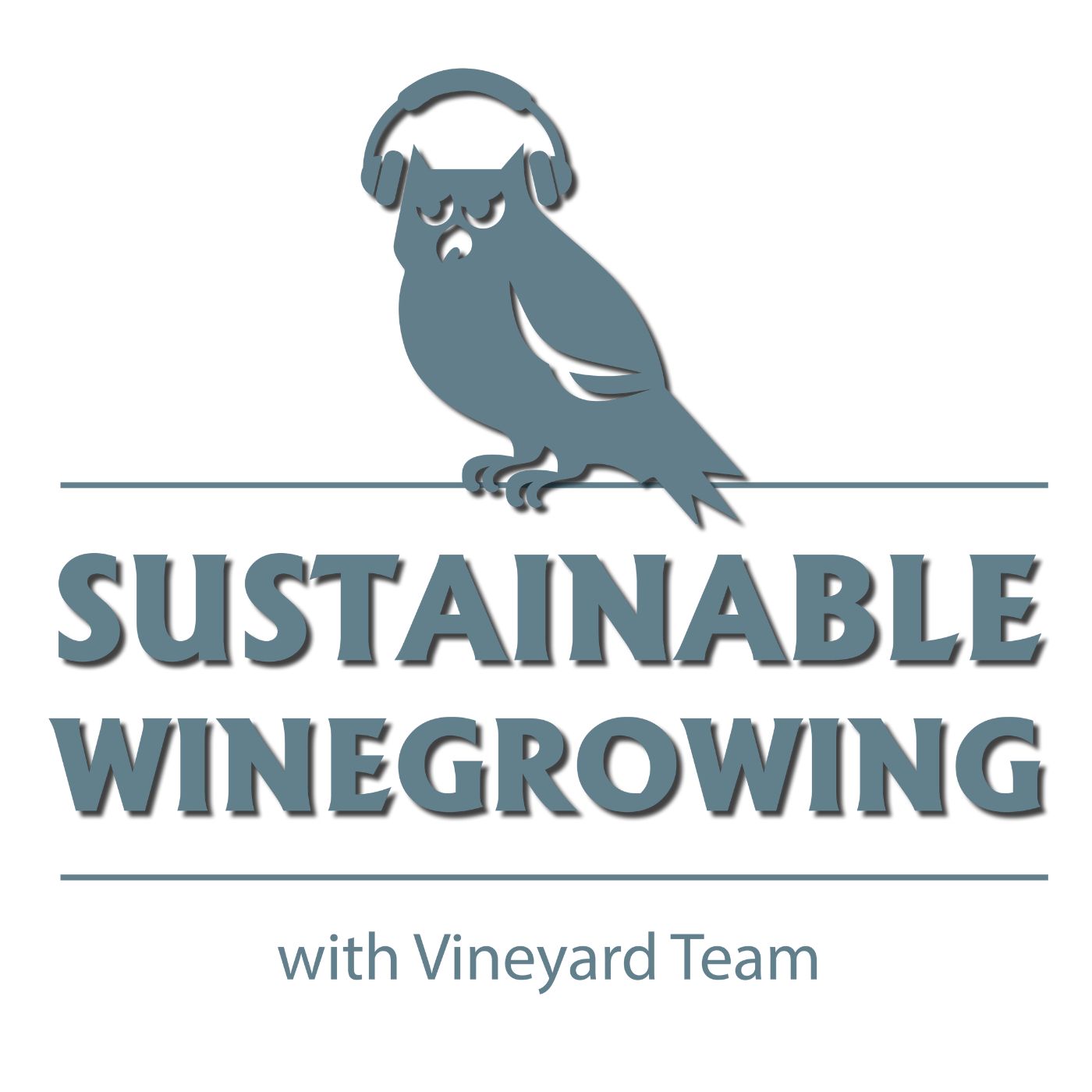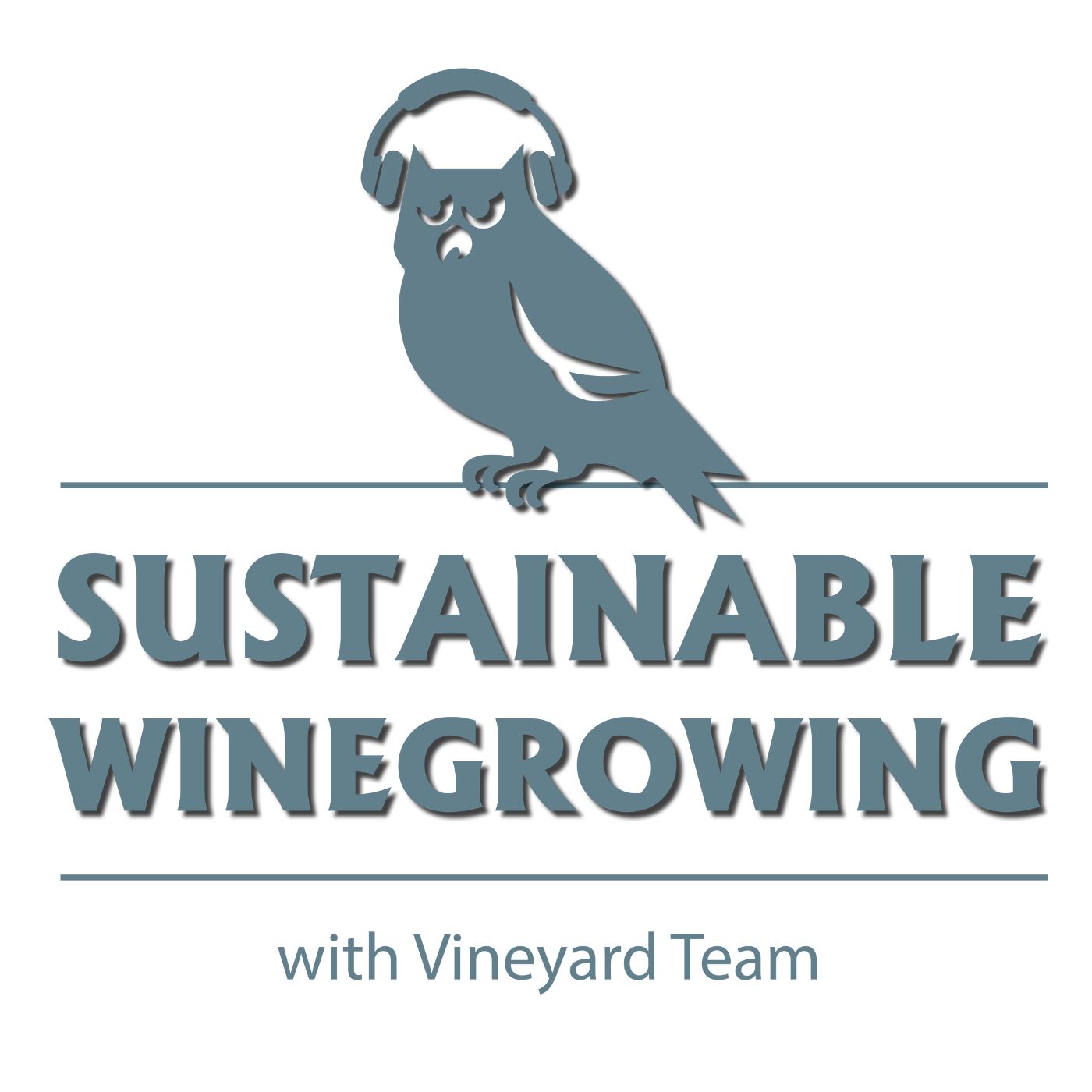271: Integrating Biological Solutions
Description
As biological technologies continue to advance, many growers are exploring how best to integrate them into their farming operations. Nevada Smith, Head of Marketing North America, and Robert Blundell, Research Plant Pathologist, both with Pro Farm Group, highlight the role of biological pesticides and biofertilizers in sustainable winegrowing.
Biological pesticides, derived from microbial sources or natural products such as plants, fungi, bacteria, or nematodes, play a crucial role in pest management by inhibiting or delaying growth or directly causing pest mortality. Understanding which biological products to use and when to apply them within an integrated pest management system is essential for maximizing their effectiveness.
Biofertilizers, which enhance plant health and resilience to abiotic stresses, are another key tool for sustainable viticulture. Nevada and Robert discuss the growing importance of these technologies in improving soil health and supporting long-term agricultural productivity.
Resources:
REGISTER: 5/9/25 Biochar Field Day
117: Grapevine Mildew Control with UV Light
123: What is Happening in Biologicals for Pest Management and Plant Health
266: Soft Pesticide Trial: Powdery Mildew, Downy Mildew, Botrytis, and Sour Rot
Integrated Pest Management (IPM) Principles
Vineyard Team Programs:
Juan Nevarez Memorial Scholarship - Donate
SIP Certified – Show your care for the people and planet
Sustainable Ag Expo – The premiere winegrowing event of the year
Vineyard Team – Become a Member
Get More
Subscribe wherever you listen so you never miss an episode on the latest science and research with the Sustainable Winegrowing Podcast. Since 1994, Vineyard Team has been your resource for workshops and field demonstrations, research, and events dedicated to the stewardship of our natural resources.
Learn more at www.vineyardteam.org.
Transcript
[00:00:00 ] Beth Vukmanic: As biological technologies continue to advance, many growers are exploring how to best integrate them into their farming operations.
[00:00:13 ] Welcome to Sustainable Wine, growing with Vineyard Team, where we bring you the latest in science and research for the wine industry. I'm Beth Vukmanic, executive director.
[00:00:23 ] In today's podcast, Craig McMillan, critical resource Manager at Niner Wine Estates. With Longtime SIP certified Vineyard in the first ever SIP certified winery speaks with Nevada Smith Head of Marketing North America and Robert Blundell research plant pathologist, both with Pro Farm Group. Together, they highlight the role of biological pesticides and bio fertilizers in sustainable wine. Growing
[00:00:49 ] biological pesticides are derived from microbial sources or natural products such as plants, fungi, bacteria, or nematodes. They play a crucial role in pest management by inhibiting or delaying growth or directly causing pest mortality
[00:01:04 ] Understanding which biological products to use and when to apply them within an integrated pest management system is essential for maximizing their effectiveness.
[00:01:13 ] Bio fertilizers, which enhance plant health and resilience to abiotic stresses are another key tool for sustainable viticulture, Nevada and Robert discussed the growing importance of these technologies and improving soil health and supporting long-term agricultural productivity.
[00:01:30 ] If you're gonna be in Paso Robles, California on May 9th, 2025. Join us at Niner Wine Estates for a Biochar Field day. This interactive morning features live demonstrations and expert discussions on the benefits of biochar for soil health and sustainable farming. Learn how to integrate biochar into your farming operations through practical insights and hands-on experiences. Go to vineyard team.org/events or look for the link in the show notes to get registered.
[00:02:00 ] Now let's listen in.
[00:02:05 ] Craig Macmillan: My guest today are Nevada Smith. He is Head of Marketing North America and Robert Blundell, who's a research plant pathologist, both with Pro Farm Group. Thank you for being on the podcast
[00:02:15 ] Rob Blundell: Thank you, Craig.
[00:02:16 ] Nevada Smith: Thank you.
[00:02:18 ] Craig Macmillan: Today we're gonna be talking about bio pesticides and we might as well start with the the basics. What is a biological pesticide? Robert, why don't you start?
[00:02:26 ] Rob Blundell: Yeah, that's a good question, Craig. And and you know, honestly, it's. So when I first was kind of thinking about this, it's not as simple explanation as you might think. It's a constantly kind of evolving term and depending on who you are asking, you can get a, a very different answer. And it's, it's really kind of this large umbrella term.
[00:02:42 ] . It's kind of a microbially based product or natural product typically derived from a plant, fungi, bacteria, nematode, you know. That pretty much has the ability to inhibit or delay the growth or, you know, cause the death of a pest.
[00:02:56 ] And you know, with the term biological pesticide, pesticide being extremely broad whether it's, you know, insect, fungi, even rodent, you know, rodent sides, things like that. So yeah, again, it's a very broad term and different, different grooves, different commodities are gonna kind of have their own explanation.
[00:03:09 ] Even the EU has a different, I think definition versus the EPA as well. So it's an evolving, evolving term.
[00:03:15 ] Craig Macmillan: What about you, Nevada? Do you have anything to add to that?
[00:03:17 ] Nevada Smith: I'm kind of with Robert, it's almost like sustainability. What does that mean? It means to me, I get to keep farming every year. But I think for everyone else it might have different definitions. And I think basically the, the premise is, is it's biologically based. It's based on a living organism, something that we can repeat, regrow, and, you know, the societal part of it, bio pesticide, it means it's acting or killing or helping mitigate pest. For proform have a biologically based strategy. And so we, that's what we deliver is those type of tools.
[00:03:50 ] Craig Macmillan: One of the major pets on grapes is powdery mildew. Around the globe. Probably the major pest overall, I would say fungal disease. I have been seeing a lot of increase in the use of bio pesticides specifically for powdery mildew, some in organic systems, some in more traditional sustainability oriented systems.
[00:04:09 ] What kind of mechanisms are there out there in the biological world for managing powdery mildew and how does that, how do they work? Nevada, do you wanna start?
[00:04:18 ] Nevada Smith: Yeah, so for biological pesticides, there's sort of different categories and I'll even. Even throwing some sort of organic pesticides as well into this whole mix. I think as a grower or a wine processor, you have a choice and it's like, either I'm going conventional, I'm looking to maximize my value proposition on my vineyard or my process my wines. And so one of the ways we really think about this is how do you integrate bio pesticides into the overall spray for bio mildew, like our winemaker at our place they always say, Hey, if it's more than 3% power mildew it's a no go. It's a bad day for us. And so for us to take the risk on our farm. For a biologicial pesticide, we had to have some data to really get us excite


